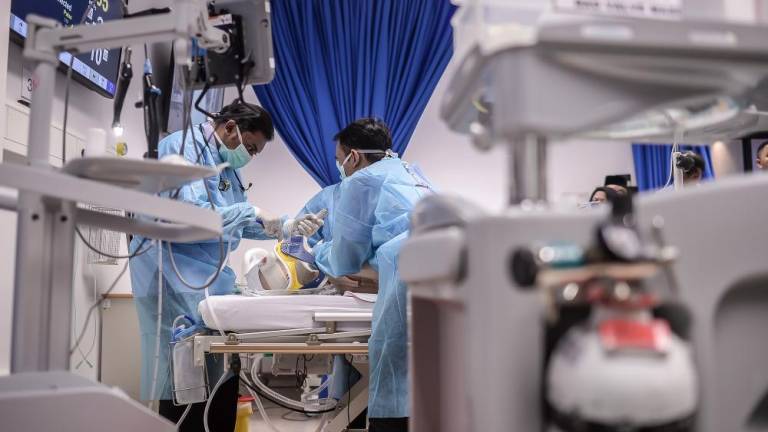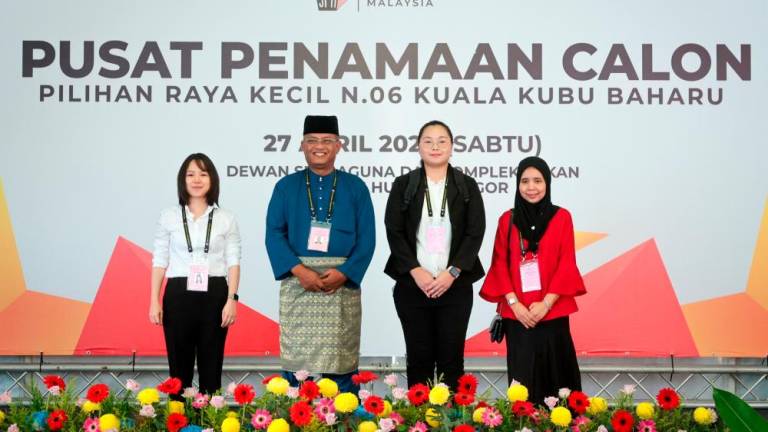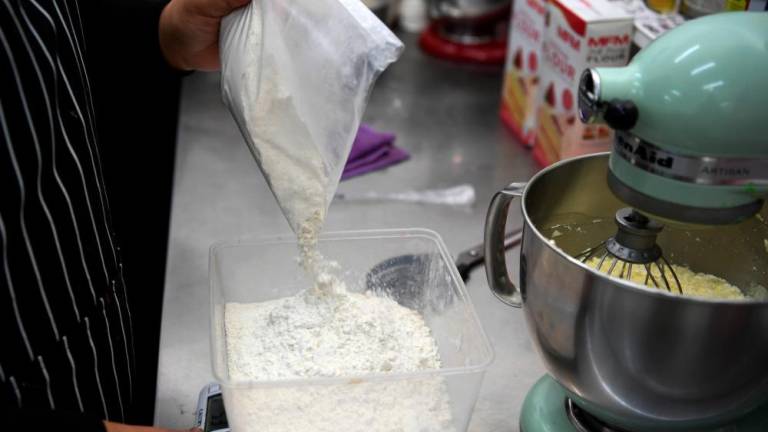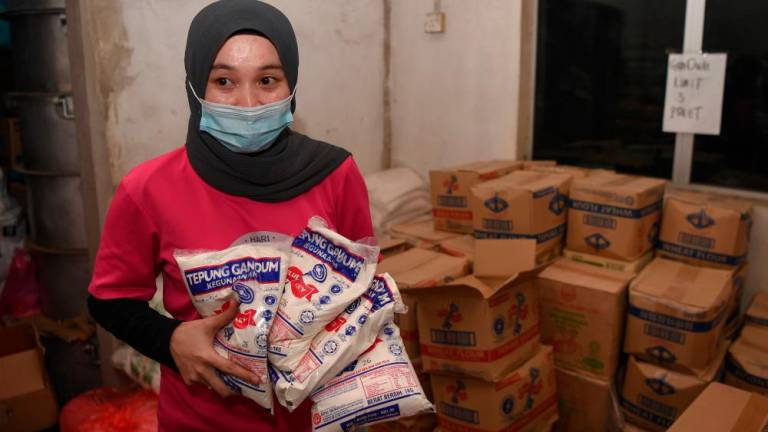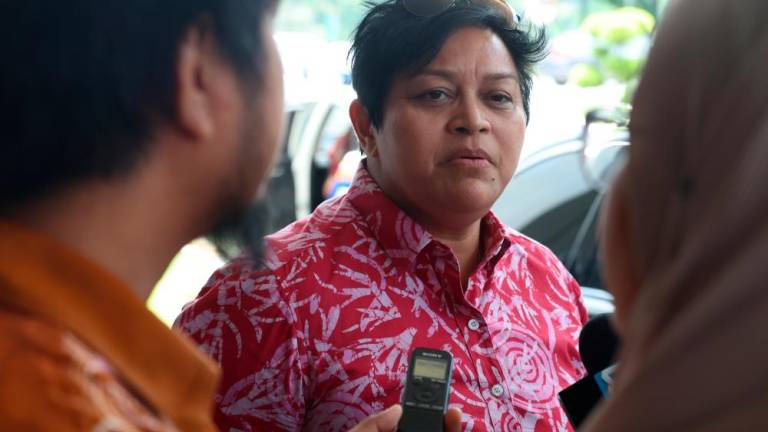KUALA LUMPUR: In the effort to curb the spread of Covid-19, the capability of more government hospitals and health clinics, especially in rural areas, need to be strengthened to ensure ability to detect the virus, thus accelerating health screening process.
Director of Universiti Malaya (UM) Tropical Infectious Diseases Research and Education Centre (TIDREC) Prof Dr Sazaly Abu Bakar said that to do this, it is important for Covid-19 testing equipment to be supplied to more government hospitals and health clinics.
“We are now focusing on major and big cities but patients can also come from isolated towns. Doctors need to send samples to selected laboratories and wait for the results.
“At the same time, patients might continue to infect others including doctors who provided early treatment. So, if the test is available to everyone, then the infectious agents could be identified quickly,” he told Bernama.
According to the Health Ministry, as of Feb 16, there were 18 hospitals and public health laboratories throughout the country with the capability to carry out tests to detect Covid-19, including the Institute of Medical Research (IMR), Public Health Laboratories in Johor Bahru, Kota Kinabalu, Kota Bharu, Ipoh and a National Public Health Laboratory in Sungai Buloh.
The others are Kuala Lumpur Hospital; Sungai Buloh Hospital; Sultanah Bahiyah Hospital, Alor Star; Penang Hospital, Tuanku Ja’afar Hospital, Seremban; Sultanah Aminah Johor Baru Hospital; Sarawak General Hospital; Raja Permaisuri Bainun Hospital, Ipoh; Raja Perempuan Zainab II Hospital, Kota Bharu; Tengku Ampuan Afzan Hospital, Kuantan; Sultanah Nur Zahirah Hospital, Kuala Terengganu; and Melaka Hospital.
Citing an example of a 31-year-old local man who was diagnosed with Covid-19 in Banting, Selangor on Feb 9, Dr Sazaly said due to lack of facilities at Banting Hospital, the confirmation could only be known a few days after he sought treatment at several clinics and hospitals.
Similarly, he said if the case had occurred in the interiors of Sabah and Sarawak, with the detection laboratories located only in the main cities, the process to send the samples to the nearest lab would mean longer time to obtain the results.
“So far, the disease has not worsened, so it is still under control. If the disease spreads any further, we need to be prepared, so planning should start now,” he said.
In complementing the Health Ministry on their efforts in containing the spread of virus, he pointed out that training aspects should continue to be emphasised, especially in training the doctors and nurses on how to properly gather clinical samples from patients to prevent spread among themselves and other patients.
Despite the situation of the infection in the country being currently under control, Dr Sazaly said the move needed to be done immediately after the World Health Organisation (WHO) voiced concerns over the possibility of secondary infections or human to human transmissions.
Meanwhile, IMR Virology Clinical Specialist Dr. Rozainanee Mohd Zain said that at this point, the number of hospitals and public health laboratories equipped with the facilities to carry out the test nationwide is adequate.
She explained that the IMR Virology Unit had trained hospitals and public health laboratories to increase laboratory capacity in carrying out the tests.
“Overall, hospitals and labs have been trained to conduct detection tests on other infections before this. The ministry is constantly monitoring Covid-19 positive cases by taking into account all aspects including the capacity to conduct detection tests.
Dr Rozainanee said, for now, the IMR had no information on private laboratories that can carry out tests to detect Covid-19.
However, she said any private laboratories who are interested in conducting a Covid-19 detection test can inform the ministry for further action.
IMR is the first laboratory in the country to carry out the diagnostic tests to detect the infection and is prepared to face any possible spread of the virus since Jan 2.
It is also accredited by WHO as a reference laboratory for Polio and Influenza, and IMR has trained 12 hospital laboratories and five public health laboratories to conduct diagnostic tests with results known in less than 24 hours. - Bernama



